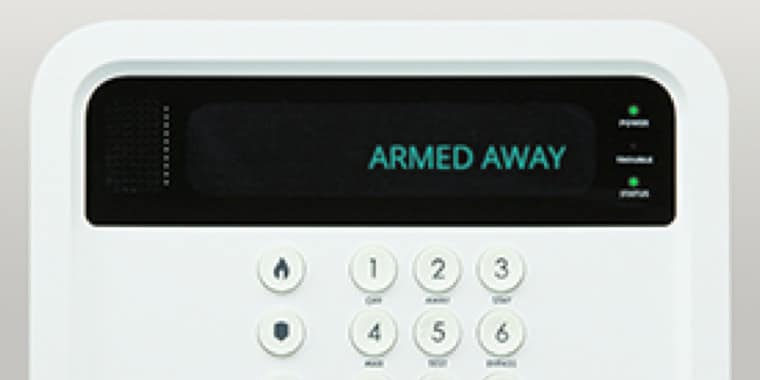Families with an active-duty member of the United States military plan their lives differently than the average American family. Among other challenges, they may find themselves relocating several times within the same year—that’s more than ten times more than families without military family members. Deployment can be overwhelming, but with a little planning, there are ways to prepare and to make the process simpler for everyone.
Preparing for Deployment
When deployment orders arrive, and before a single box gets packed, the smartest thing a military family can do to prepare for a move is to review and organize their critical documents and information. A lost ID, missing paperwork or information left thousands of miles away can make a big move even more difficult, so assembling these documents and developing a deployment checklist ahead of time can minimize any additional stress during the move:
- Birth Certificates, passports, Social Security cards, and adoption papers
- Visas and citizenship papers
- Medical records (e.g., immunization history, dental records, medications, etc.)
- Marriage certificate, divorce papers, and death certificates
- Real estate documents (i.e., lease, mortgage papers, deeds, and insurance paperwork)
- Automobile documents (i.e., titles, lease paperwork, insurance documents)
- Copies of wills and your life insurance paperwork
- Discharge papers and Leave Earning Statement
- Income tax and tax return documents
- Any other contracts or bills
Post-Deployment Checklist
Once your family has arrived at your new home, it’s time to get familiarized with your house, as well as the community. This deployment checklist will make the adjustment easier and allow you to get to know people in your community.
- Review your new home’s security system
- Does it offer features that will keep your family and property safe?
- Does it come with coverage that will provide 24/7 support?
- Locate and test every smoke and carbon monoxide detector
- Replace old batteries or faulty units
- Start a maintenance binder with information on who to call if something needs to be repaired
- Create a contact list including:
- Deployed family member, family, friends, doctors, veterinarians, etc.
- Familiarize yourself with your new community
- Grocery stores, gas stations, schools and hospitals are
- Houses of worship
- Your children’s school
- Any volunteer opportunities





